President Donald Trump found himself in an unexpected moment of admiration during a gathering of African leaders. As he soaked in the praises from the diverse group, the spotlight shifted to the Liberian President, Joseph Boakai. In a confident tone, President Boakai delivered a speech in English, the official language of Liberia. His words resonated with gratitude towards the United States and a nod to Trump’s vision of making America great again. The Liberian leader’s words were not just a formality but a plea for increased U.S. investment in his homeland.
Impressed by President Boakai’s eloquence, Trump couldn’t help but inquire about the source of his impeccable English. “Such good English,” Trump remarked, genuinely curious. The exchange took a light-hearted turn as Trump prodded further, “Where did you learn to speak so beautifully?” President Boakai’s response, delivered with a hint of amusement, revealed a surprising truth – he honed his language skills right in Liberia, his home country.
Amidst the casual banter, Trump’s genuine surprise shone through as he pondered aloud, “I have people at this table who can’t speak nearly as well.” This interaction, seemingly simple on the surface, carried layers of historical significance and cultural complexity. Liberia’s roots as a haven for free Black Americans date back to 1822, a visionary project initiated by white Americans grappling with the post-slavery fate of Black individuals in the United States. The establishment of Liberia, with English as its official language, symbolized a blend of heritage and aspiration, a place where new beginnings intertwined with echoes of the past.
President Boakai’s fluency in English, a legacy of Liberia’s unique history, underscored the country’s enduring ties with the United States and its commitment to mutual progress.
Beyond the surface level of a casual exchange, this brief dialogue highlighted a broader narrative of interconnected histories and shared destinies. It underscored the intricate tapestry of relationships between nations, shaped by past struggles and future aspirations. The meeting between Trump and President Boakai served as a microcosm of diplomatic encounters, where language, culture, and history intersect to bridge gaps and forge connections.
In a world marked by linguistic diversity and cultural richness, the exchange between Trump and President Boakai offered a glimpse into the power of language as a unifying force. It transcended mere communication to embody the spirit of collaboration and understanding, essential pillars of international relations. The curiosity sparked by President Boakai’s linguistic prowess mirrored a deeper curiosity about the world at large, a reminder of the endless opportunities for learning and growth that emerge from genuine interactions.
At its core, this seemingly casual exchange between two leaders encapsulated the essence of diplomacy – a blend of curiosity, respect, and a shared commitment to building bridges across borders.
As the conversation unfolded, it became evident that language, far from being a mere tool of communication, served as a conduit for cultural exchange and mutual appreciation. Trump’s inquiry, though seemingly spontaneous, revealed a deeper appreciation for the nuances of language and the stories it carries within its cadences. President Boakai’s response, delivered with pride and humor, encapsulated the essence of linguistic heritage as a testament to resilience and continuity.
In the tapestry of global affairs, such moments of genuine curiosity and cultural exchange hold profound significance. They remind us of the power of dialogue in fostering understanding and building relationships that transcend geopolitical boundaries. The encounter between Trump and President Boakai, rooted in a shared language and history, exemplified the potential for meaningful connections to emerge from the most unexpected interactions.
As leaders navigate the complexities of international relations, moments of authentic engagement like this serve as reminders of the common humanity that unites us all, transcending differences and paving the way for collaboration and progress.
In the aftermath of this seemingly ordinary yet deeply resonant exchange, the echoes of curiosity and connection lingered in the air. Trump’s inquiry and President Boakai’s response, framed within the context of Liberia’s historical journey and its enduring ties with the United States, painted a vivid picture of diplomacy in action. It was a snapshot of a broader tapestry of relationships, woven with threads of language, culture, and shared aspirations for a better, more interconnected world.
In the end, as the meeting drew to a close, the exchange between Trump and President Boakai stood out as a testament to the enduring power of language to bridge divides and foster understanding. It was a reminder that beyond the complexities of geopolitics and diplomacy, lies a shared language of humanity that binds us together in a tapestry of stories waiting to be told and connections waiting to be forged.


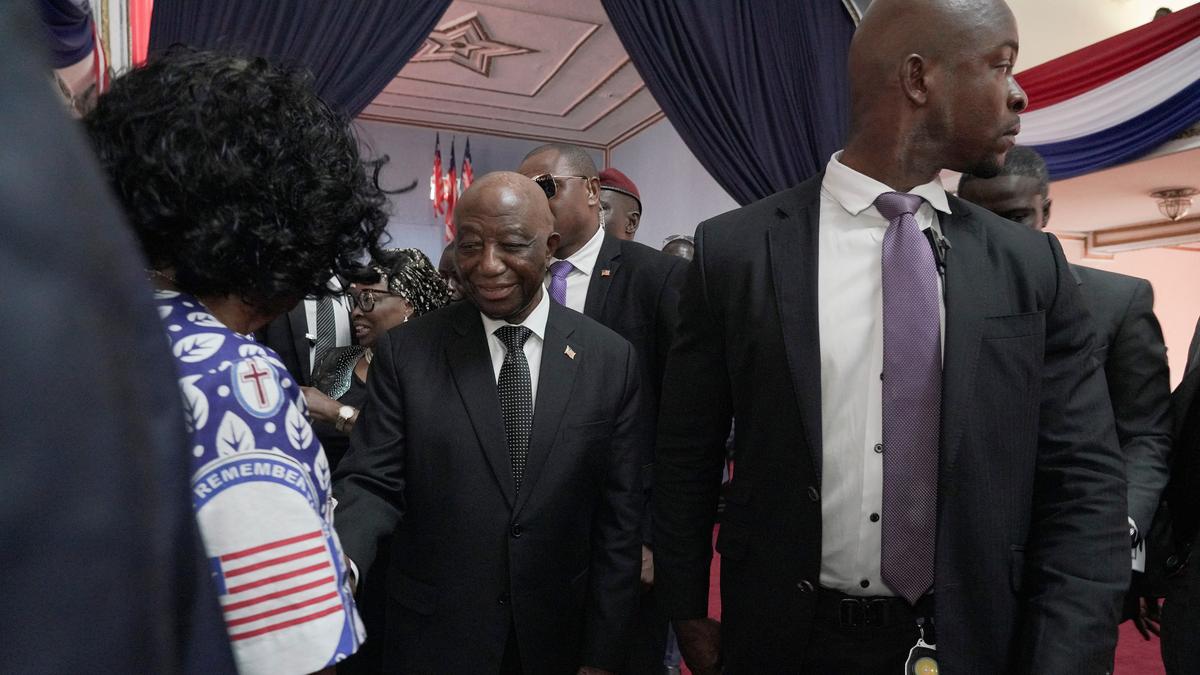


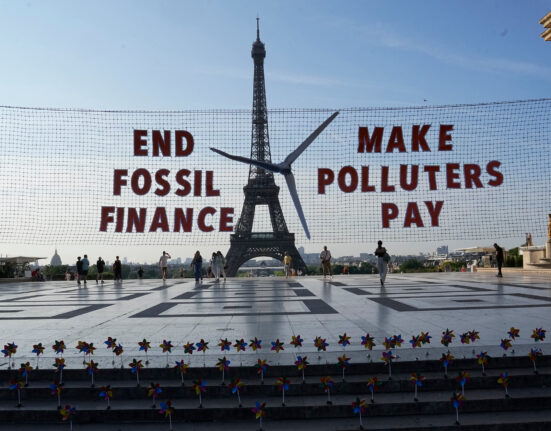
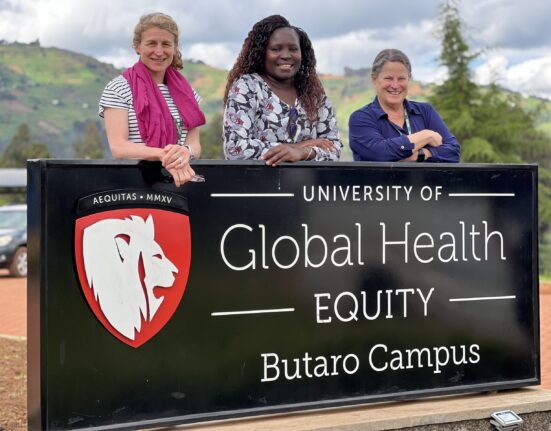
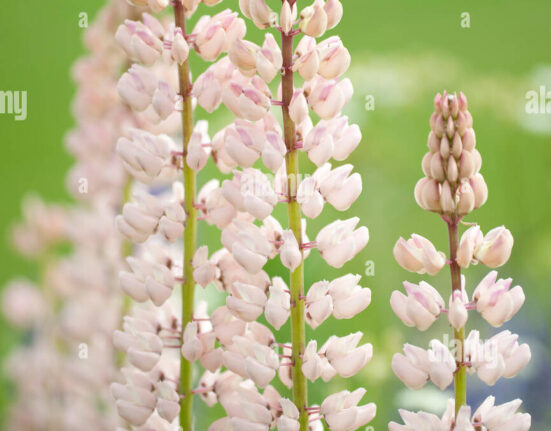
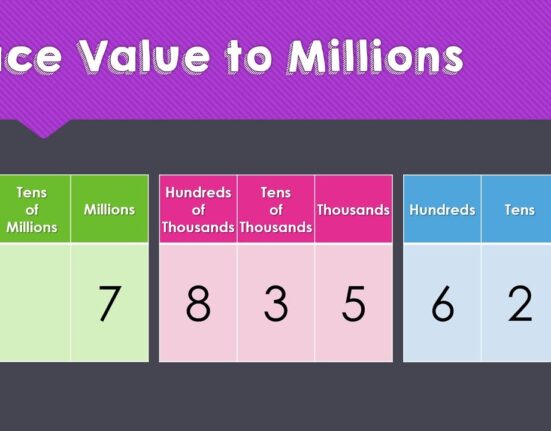
Leave feedback about this